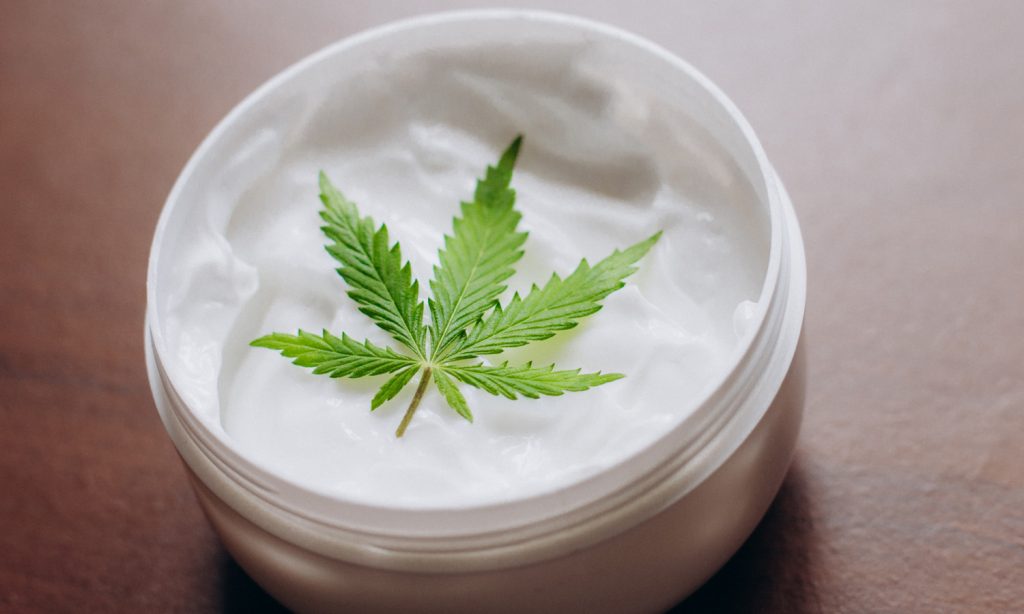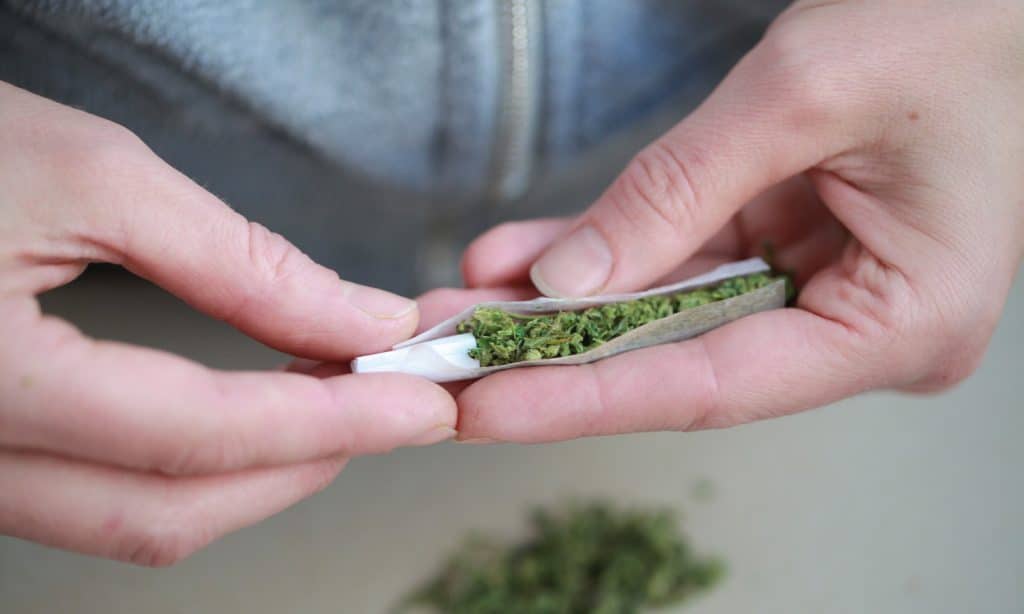New Jersey looks set to be the next state to legalize marijuana. It's on the ballot come Election Day on November 3, the polls are looking good, and while it's not the only state with marijuana legalization on the ballot, the others—Arizona, Montana, and South Dakota—are all out West, and the Garden State should beat them by a few hours.
The New Jersey legalization initiative, Public Question 1, would amend the state constitution to legalize the recreational use of marijuana and its cultivation, processing, and retail sale by a person who is at least 21 years old. It also designates the existing Cannabis Regulatory Commission (CRC), which currently handles medical marijuana, to regulate all legal marijuana commerce. Retail marijuana sales would be subject to the state sales tax of 6.625 percent, but any other state sales taxes would be prohibited. The initiative authorizes the legislature to let local governments add a 2 percent local sales tax.
It also leaves it up to the legislature and the CRC to address unresolved issues. Those include whether and how home cultivation would be allowed, how much weed people could possess, and detailed retail regulations.
If the measure passes, New Jersey will not only be the first to legalize marijuana this Election Day, it will also be the first mid-Atlantic state to do so, and the first to legalize it via a legislatively initiated voter referendum. Of the 11 states (and the District of Columbia) that have so far legalized marijuana, nine did it through citizen-based ballot initiatives, while in the other two, Illinois and Vermont, legislatures passed legalization bills.





